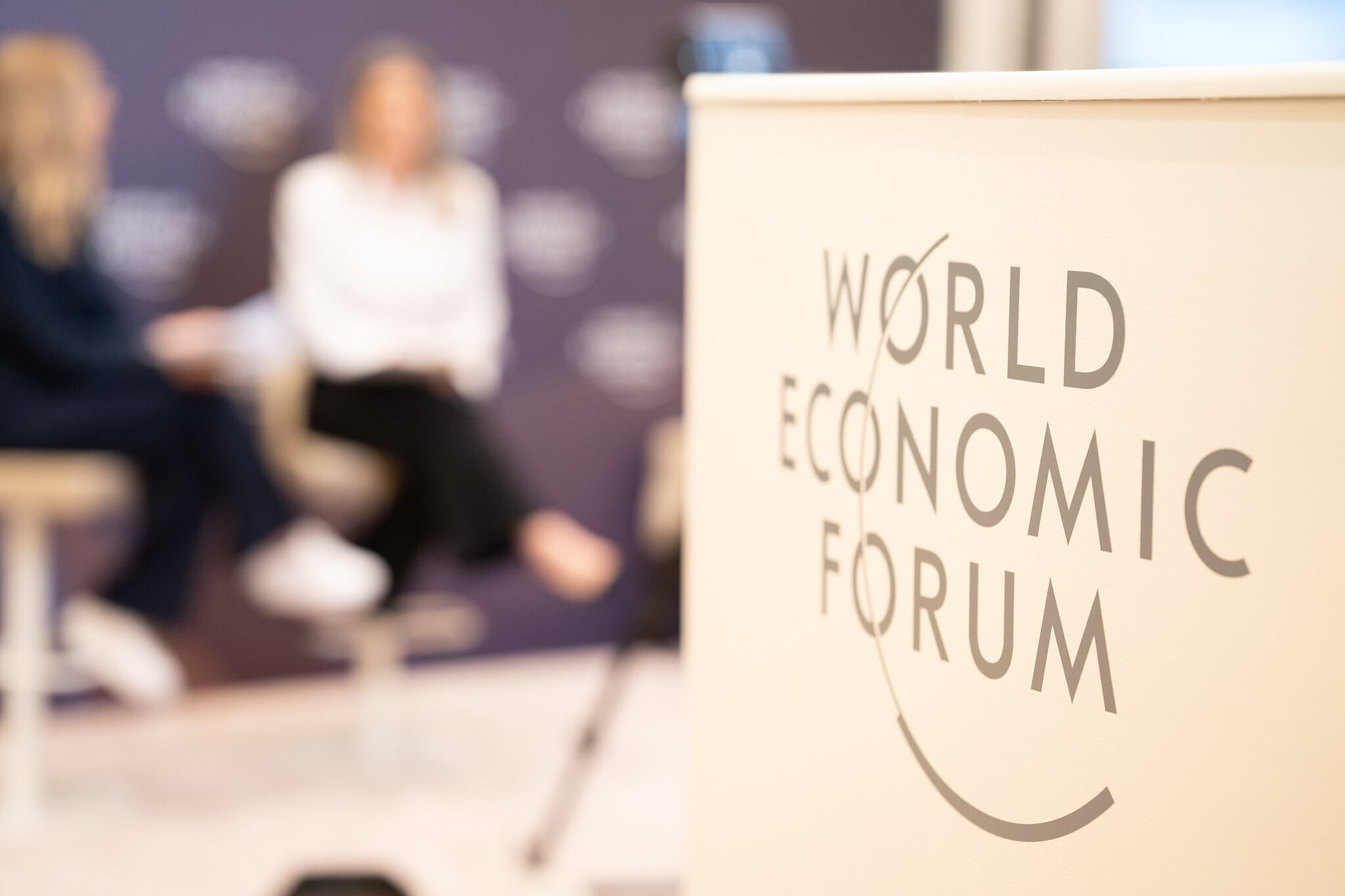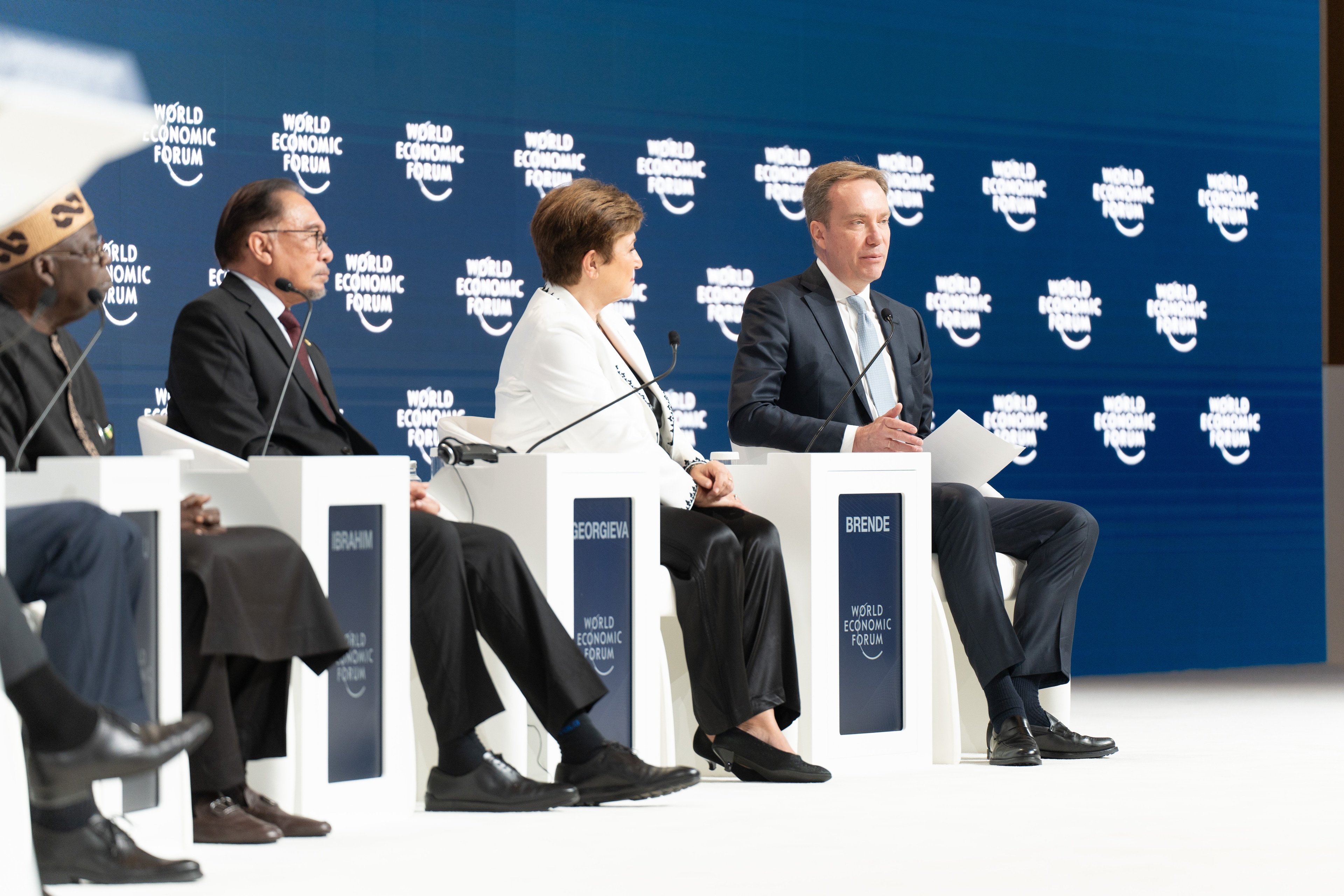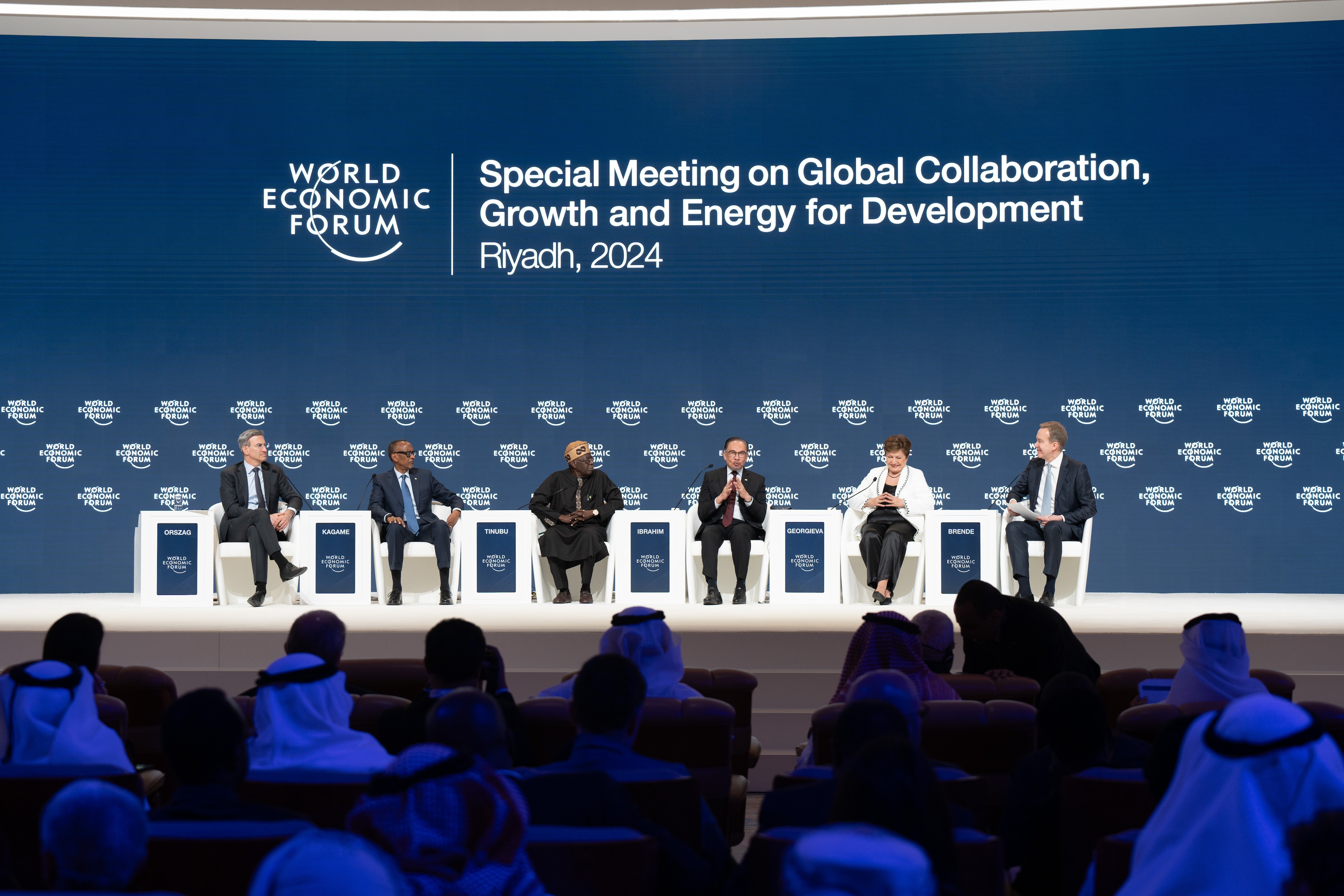Beyond recycling: why reuse is at a tipping point

Reuse needs harmonized measurement and reporting standards to accelerate adoption. Image: Getty Images

Get involved with our crowdsourced digital platform to deliver impact at scale
Stay up to date:
Retail, Consumer Goods and Lifestyle
Listen to the article
- Recycling alone will not solve the plastic waste crisis, and new solutions are needed.
- Reuse is picking up significant momentum and has entered a pivotal stage as companies start to announce targets.
- Standardization of measurement is instrumental for companies to measure progress in shifting packaging portfolios to reuse, with prioritized metrics being tested by leading private sector actors in 2023.
The transition from single-use towards reuse models of consumption as an integral part of the reduce-reuse-recycle agenda is gaining traction across the private and public sectors. Companies like PepsiCo and Coca Cola announced industry-leading reuse targets, and the momentum from the broader private sector continues to rapidly increase. In parallel, the European Union recently released the Packaging and Packaging Waste Regulation (PPWR) with proposed reuse targets across select industry sectors, and negotiations are ongoing at the United Nations to develop a legally binding agreement to end global plastic pollution.
As reuse momentum grows, both private and public sector players strive to further understand where reuse offers the greatest potential to deliver economic, environmental and consumer benefits. It is imperative that reuse is measured in a harmonized way to avoid fragmentation in target-setting and measurement that would slow down how quickly reuse models are adopted. Equally important, it is critical that this harmonized measurement approach is first tested in “real world settings” by corporate stakeholders, to ensure its accuracy and effectiveness before being used to inform the work of governments and standard-setting institutions, and scaled broadly across geographies, sectors, and products.
To ensure a future where reuse measurement and reporting is harmonized, the World Economic Forum’s Consumers Beyond Waste (CBW) initiative has been leading the effort, alongside a coalition of leading private and public stakeholders across the value chain such as Coca-Cola, Nestlé, PepsiCo, Unilever, Walmart, the Ellen MacArthur Foundation, Greenpeace and the World Wildlife Fund (WWF), to build a comprehensive measurement and reporting framework for businesses to track progress towards reusable models of consumption.
Reuse metrics prioritized to test in 2023
The first phase of this effort, described in detail in a blog published by CBW in September, resulted in the prioritization of two reuse metrics for corporate stakeholders to test in 2023: Reuse Efficiency (measuring reuse by efficiency, focusing on the total number of loops achieved by a packaging unit over its life); and Share of Volume or Product Units (measuring reuse by volume of litres of beverage, kilos of food or kilos of personal/home care designed to be reused, or refilled using a reuse system). By September 2022, the consumer goods and retail corporate stakeholders part of this coalition had committed to test one or both of these prioritized reuse metrics.
Since September, CBW and its coalition have been working to co-create a holistic testing strategy for corporate stakeholders to test prioritized reuse metrics in 2023. In developing this strategy, CBW and its coalition were deliberately pragmatic in solving for “Version 1”, and not for the “End State Measurement” (i.e. the finalized version of reuse measurement ready for a final recommendation to governments and standard-setting institutions). Solving for Version 1 means that testing in 2023 should be seen as a highly valuable opportunity to test and learn, but ultimately must be used as critical input to improve and reach the End State Measurement.
In defining the holistic testing strategy described above, CBW and its coalition focused on four key dimensions: 1. Definition & Inclusions/Exclusions (defining reuse and specific measurement inclusions/exclusions), 2. Reuse Parameters & Scope (specific reuse parameters to test metrics), 3. Metrics Calculation (defining detailed metrics calculation approach and applying the approach to specific reuse product and systems examples), and 4. Reporting Structure (defining how, and what, corporate stakeholders testing metrics should disclose to the broader working group coalition – not publicly – during the 2023 testing phase). All dimensions are discussed in greater detail in this briefing paper.
The testing playbook
Successful testing in 2023 hinges on a standardized approach to both testing and to the sharing of lessons learned. To that end, CBW developed a detailed Reuse Metrics Testing Playbook to support both current and future corporate and NGO stakeholders in the coalition to execute the testing strategy. For example, the detail provided ranges from the list of packaging components and plastic types to test (e.g. bottles and containers, PET plastic), to detailed calculation examples at the product level across all four reuse modalities. In parallel, to ensure lessons learned during the testing phase are shared, the playbook also sets clear guidelines for what, and how, corporate stakeholders should report to the coalition during 2023 (e.g. key challenges, lessons learned, calculation approaches).
The proposed strategy has been advanced by coalition stakeholders to test one or both reuse metrics in 2023 in “real-world settings” across a subset of product categories and markets. For example, Unilever is supportive of testing reuse metrics across a selection of home care and personal care products globally. Walmart will be testing the metrics against its new reuse pilot with Loop in Arkansas, where consumers will be able to have an assortment of products delivered in reusable containers through Walmart+ InHome. CBW believes that corporate stakeholder engagement with this testing strategy is a fundamental step forward in the efforts to harmonize reuse target-setting and measurement, and to scale reuse globally.
Reuse at scale
Testing reuse metrics in 2023 will enable the CBW coalition to proactively shape, informed by “real world” data and valuable lessons learned, policies, regulations, and standards with the objective of harmonizing reuse measurement and reporting.
For example, the initiative expects that both measurement and reporting lessons learned through testing will directly inform both EU’s PPWR and the UN’s Global Plastics Agreement. More importantly, by testing metrics in 2023, corporate stakeholders will be in a better position to quickly adopt reuse models at scale once policies and regulations, like PPWR or the Global Plastics Treaty, are finalized in 2024/2025.
For further reading on this topic, and a detailed overview of the testing strategy, please access a high-level briefing paper here. If you are a consumer goods or retail company wishing to join the coalition and pilot prioritized reuse metrics in 2023, get in touch with the Consumers Beyond Waste initiative team here.
Don't miss any update on this topic
Create a free account and access your personalized content collection with our latest publications and analyses.
License and Republishing
World Economic Forum articles may be republished in accordance with the Creative Commons Attribution-NonCommercial-NoDerivatives 4.0 International Public License, and in accordance with our Terms of Use.
The views expressed in this article are those of the author alone and not the World Economic Forum.
Related topics:
The Agenda Weekly
A weekly update of the most important issues driving the global agenda
You can unsubscribe at any time using the link in our emails. For more details, review our privacy policy.
More on Forum InstitutionalSee all
Maroun Kairouz
May 3, 2024
Gayle Markovitz
April 28, 2024
Gayle Markovitz
April 27, 2024
Mirek Dušek and Maroun Kairouz
April 27, 2024
Kate Whiting
April 26, 2024
Spencer Feingold and Gayle Markovitz
April 19, 2024






